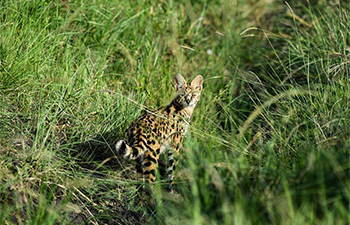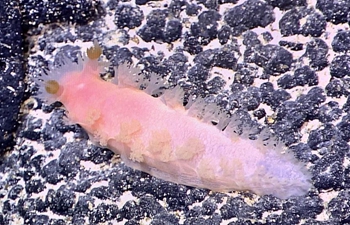BERLIN, June 19 (Xinhua) -- The public prosecutor's office in Heidelberg has discontinued its investigations on suspicion of a violation of the Animal Welfare Act at the German Cancer Research Centre (DKFZ) on Wednesday.
After about five months of investigation, the suspicion had not been substantiated, a spokesperson of the prosecutor's office told the German press agency (dpa).
"We are pleased that the public prosecutor's office shares our opinion and does not consider the experiments complained of to be relevant under criminal law," Michael Baumann, chairman of the German Cancer Research Center (DKFZ), told Xinhua on Wednesday.
Following accusations by the German Doctors Against Animal Experiments Association and the Karlsruhe Regional Council, Baumann said: "the accused colleagues carried out investigations on animals in order to be able to better treat a very aggressive cancer of children."
The aim of the DKFZ experiment was to investigate the efficacy of a specific viral therapy for the particularly malignant Ewing sarcoma, which mainly affects children.
On Wednesday, DKFZ was cleared of the accusation of agonizing mice to die from cancer tumors. The public prosecutor's office was not able to confirm the accusation of cruelty to animals. Also, no evidence was found that the animals were suffering.
In Germany, animal studies are used for basic research but a number of animal experiments are also required by law, for example to test the safety of drugs or chemicals. They account for about one fifth of all animal experiments in Germany. These include, for example, tests within the framework of the European Regulation on Protection against Harmful Chemicals (REACH).
The ultimate goal is human safety, but alternatives to animal testing are mandatory wherever possible, said Jochen vom Brocke of the European Chemicals Agency (ECHA) Helsinki at a DKFZ symposium last week.
Klaus Dieter Bremm of German chemical giant Bayer stressed that there had been many improvements to animal protection. "Whereas in drug development 30 years ago every single new active substance was tested in animal experiments, today only a few substances actually have to be tested on animals."













